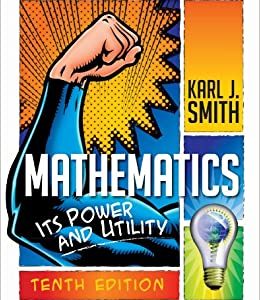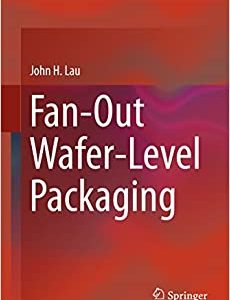This informative new book on state-of-the-art visible light communication (VLC) provides, for the first time, a systematical and advanced treatment of modulation and signal processing for VLC. Visible Light Communications: Modulation and Signal Processing offers a practical guide to designing VLC, linking academic research with commercial applications.
In recent years, VLC has attracted attention from academia and industry since it has many advantages over the traditional radio frequency, including wide unregulated bandwidth, high security, and low cost. It is a promising complementary technique in 5G and beyond wireless communications, especially in indoor applications. However, lighting constraints have not been fully considered in the open literature when considering VLC system design, and its importance has been underestimated. That?s why this book?written by a team of experts with both academic research experience and industrial development experience in the field?is so welcome. To help readers understand the theory and design of VLC systems, the book:
Details many modern techniques on both modulation and signal processing aspects
Links academic research with commercial applications in visible light communications as well as other wireless communication systems
Combines theoretical rigor with practical examples in presenting optical camera communication systems
Visible Light Communications: Modulation and Signal Processing serves as a useful tool and reference book for visible light communication professionals, as well as wireless communication system professionals and project managers. It is also an important guide for undergraduates and graduates who want to conduct research in areas of wireless communications.











